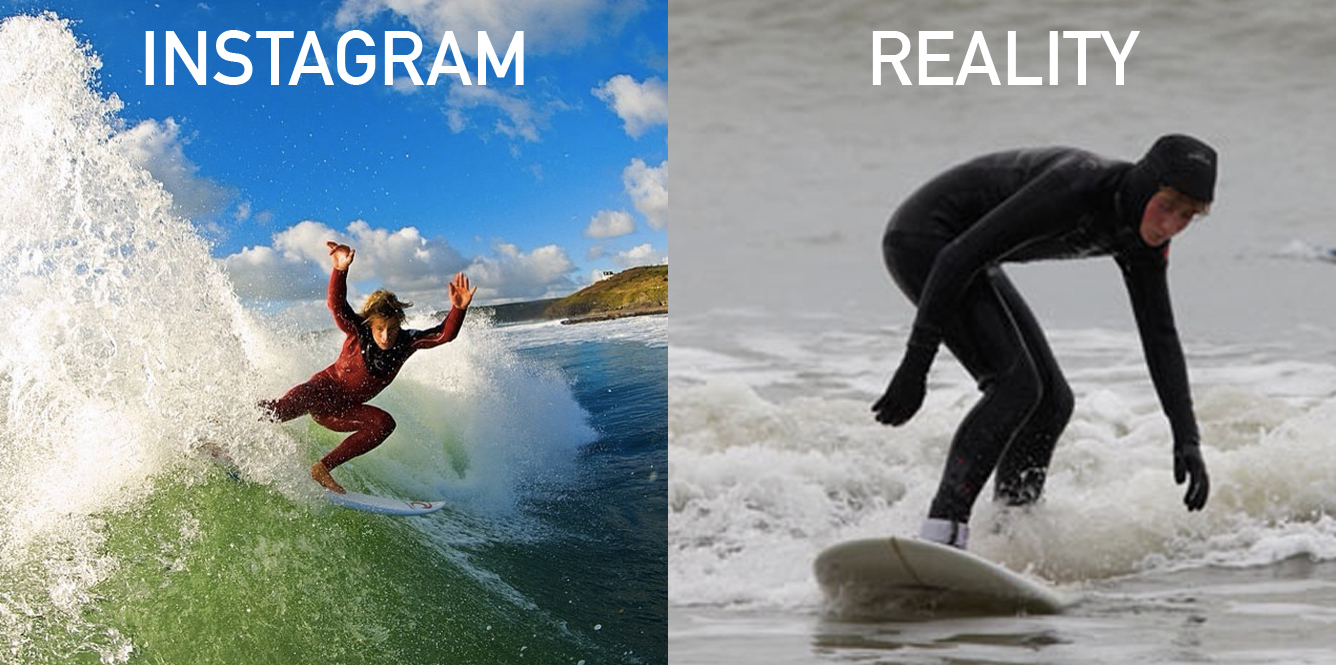Practice Being A Great Friend!!
Summer break is officially over, and school is back in full swing! This time of the year can feel exciting and somewhat daunting, what with new classes, new teachers, mounting homework and tests, and all the other unknowns that confront us each new semester. But not all is scary! We also get to see old friends, sport new school gear, meet new classmates, and enter into a new chapter of our lives. We get to share stories of summertime adventures and how we spent the past two months away from school. We get to see what changes have occurred with our friends: who got taller, who went on vacation away from Hawaii, who started or stopped dating, and so on.
Of course, with the advent of social media, these life events may very well be common knowledge amongst our friends, at least those to whom we are socially (and technologically) connected. With the daily ability to keep the world informed about our thoughts, our struggles, and our exploits, things might not feel so new or different to us by the time school starts!
What was once shared in person can now be shared through social media, text message, or a multitude of apps.
But do we lose anything in the process of posting our lives online? Is the social nature of communication glossed over through the use of hashtags, emojis and status updates? When our friendships are relegated to the number of followers we have online, have we allowed social media to determine our stature and reputation?
When we’re able to instantly post pictures, videos, vines, snaps, tweets, and updates about every nuance of our lives, it may feel like we’re sharing ourselves with the world. When we click like on a friend’s picture, it may feel like we’re connecting with them. When we give a compliment online, it may feel like we’re being supportive. When we send a DM to a potential crush, it may be seen as a savvy way to be connected to a new person.
But is it not equally important and necessary to foster an ‘in person’ relationship with our friends and peers? Can we truly support or respond in a meaningful manner when confined to only what is seen or known through social media? And do we get a view of the full picture, or have our online lives been carefully manicured to reflect an idealized version of life?
Through social media, it’s like we’re catfishing the world!
It begs to question whether these are adequate and effective forms of communication. Can we truly decipher a friend’s wants or worries or know how to properly address their needs when seen only through our phones, tablets or PCs?
When we limit our responses to witty memes, GIFs, 140 characters of text, or disappearing snaps, we may be inadequately responding to a real call for help. We may miss those moments where our assistance is needed. We may be inadvertently lacking a truly empathetic response, which in turn may dismiss the reality of a true friendship.
Let’s say our friend begins to date someone new, and we feel stoked for said friend. We may offer up well-intentioned words in person, and then go about our merry way. As our friend’s relationship grows deeper, there can be a tendency to see less and less of that friend (warning, potential sign of an unhealthy relationship! See isolation) Soon, the only sign of that friend, aside from the occasional sightings on campus, is through a variety of social media. And what if our friend’s relationship contains an inordinate amount of jealousy (another warning sign!); there can also be the potential for that friend’s online presence to slowly fade from view.
Too many unhealthy relationships begin with jealousy, distrust, accusations, and eventually isolation.
What do we do when that friend starts to fade from our lives? Do we reach out to them through text or social media? What if that friend’s dating partner monitors their phone or their social media account, are we then further cut off from offering support? What if we spot that friend at school, but they are always with their boyfriend or girlfriend, does it feel safe to reach out in person and check in with our friend? Or do we suffer silently on the sidelines as we watch our friend from afar?
What do we say, how do we breach the subject that our friend is in a potentially unhealthy or even harmful relationship? Does the world even recognize the signs of that friend’s unhealthy relationship, or do we only glimpse the idealized, rose-colored version as shown through social media?
Again, it’s important to foster friendships that exist in the real world, not only online. When we learn to recognize what’s going on with our friends -outside of the social media version of their lives- we may be better equipped to reach out as a bystander, should their dating relationship go south. The more we stay inserted into our friend’s lives in a tangible way (i.e., not only online), the more likely it is that we’ll be seen as a sympathetic and supportive friend.
